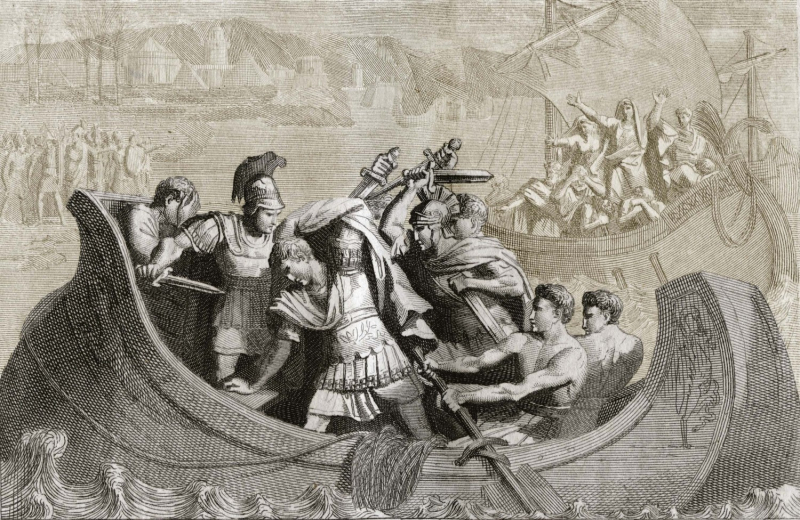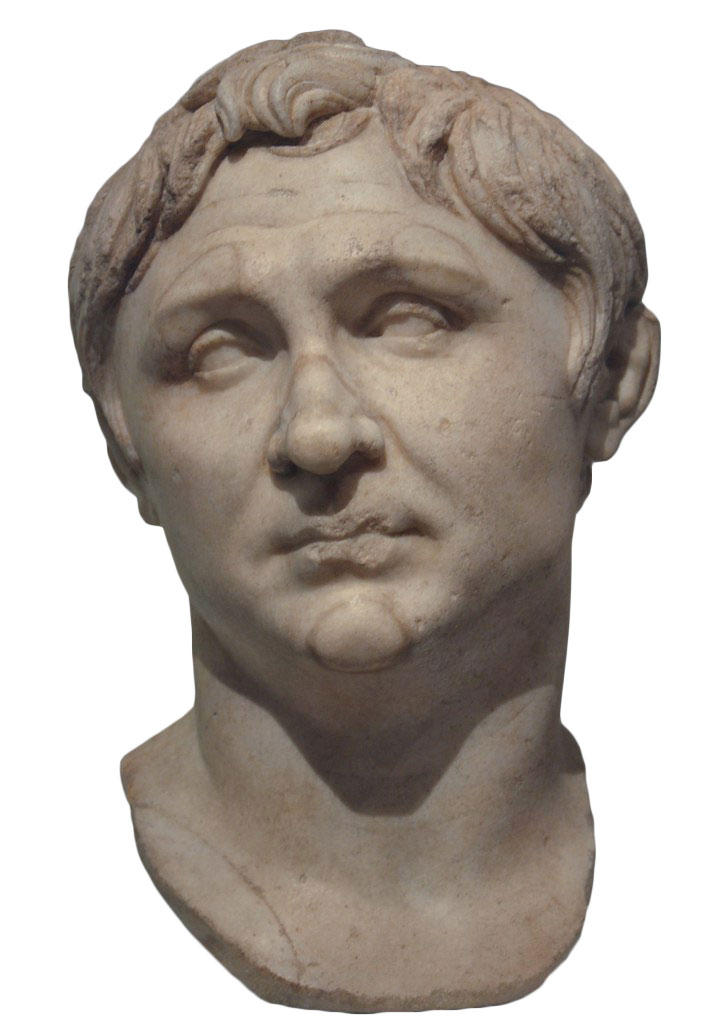The assassination of Pompey was a famous event in her reign
It is a fact that the assassination of Pompey was a famous event in her reign. Cleopatra and her forces were still fighting against Ptolemy XIII within Alexandria in the summer of 49 BC when Pompey's son Gnaeus Pompeius arrived, seeking military assistance on his father's behalf. Caesar compelled Pompey and his supporters to flee to Greece after returning to Italy from the battles in Gaul and crossing the Rubicon in January 49 BC. Cleopatra and Ptolemy XIII, in what was possibly their final joint decree, consented to Gnaeus Pompeius' request and sent his father 60 ships and 500 warriors, including the Gabiniani, a move that helped erase some of the debt owing to Rome. After losing the war against her brother, Cleopatra was forced to evacuate Alexandria and retreat to the Theban region. Cleopatra had traveled to Roman Syria with her younger sister, Arsinoe IV, in the spring of 48 BC to gather an invading force that would head to Egypt. She returned with an army, but her approach to Alexandria was thwarted by her brother's forces, which included some Gabiniani who had been enlisted to fight against her, so she camped outside Pelousion in the eastern Nile Delta.
On 9 August 48 BC, Caesar, and Pompey's forces clashed in Greece at the crucial Battle of Pharsalus, resulting in the defeat of much of Pompey's army and his forced escape to Tyre, Lebanon. Pompey eventually determined that Egypt would be his place of sanctuary, where he could replenish his soldiers, because of his close friendship with the Ptolemies. Ptolemy XIII's advisers, on the other hand, were concerned about Pompey utilizing Egypt as a base in a protracted Roman civil war. Pompey landed by ship at Pelousion after being welcomed by a written message in a ruse contrived by Theodotus, only to be ambushed and stabbed to death on September 28, 48 BC. Ptolemy XIII believed he had proved his dominance while also defusing the crisis by having Pompey's severed and embalmed head delivered to Caesar, who arrived in Alexandria in early October and took up residence at the royal palace. Caesar conveyed his grief and fury over Pompey's death and urged both Ptolemy XIII and Cleopatra to disband their forces and reconcile.









